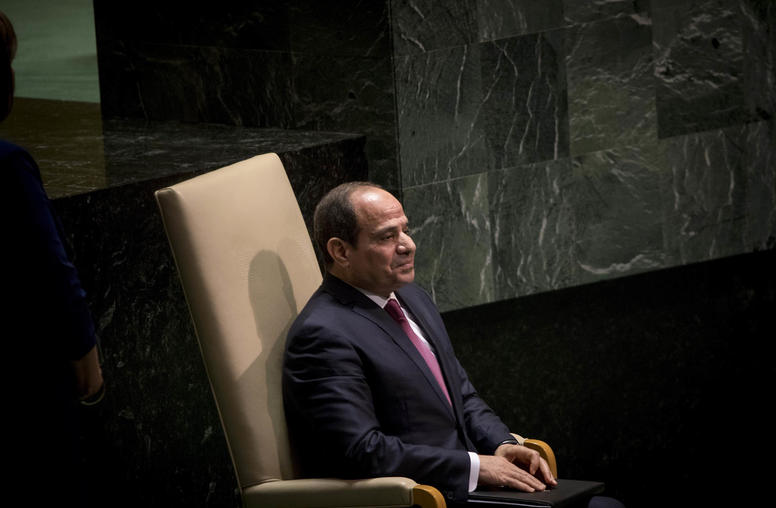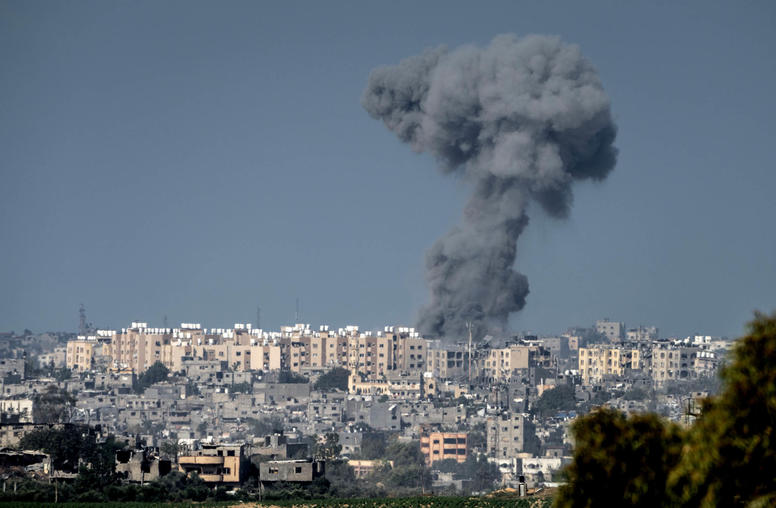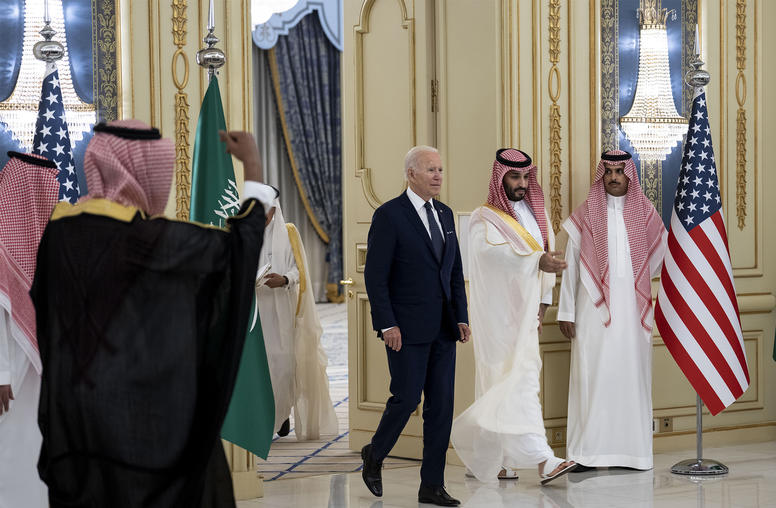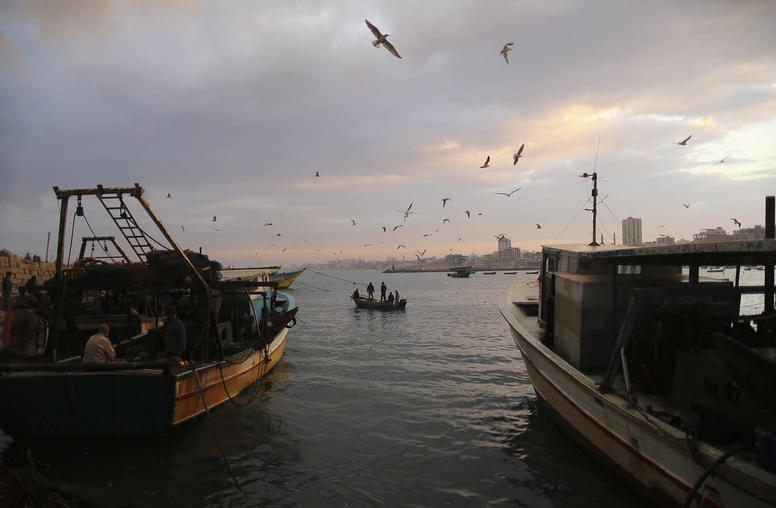Ambassador Hesham Youssef
Contact
Please submit all media inquiries to interviews@usip.org or call 202.429.3869.
For all other inquiries, please call 202.457.1700
Ambassador Hesham Youssef was a career diplomat with the Ministry of Foreign Affairs of Egypt. From 2014-2019, he served as assistant Secretary General for Humanitarian, Cultural and Social Affairs of the Organization of Islamic Cooperation (OIC) and completed his term in July 2019. From 2001-2014, he served as a senior official in the Arab League, as Official Spokesman and later the Chief of Staff to Secretary General Amr Moussa from 2003- 2011. From 2012-2014, Ambassador Youssef was a Senior Advisor to the Secretary General of the Arab League, Dr. Nabil Elaraby, on issues pertaining to crisis management as well as the reform of the Arab League.
Ambassador Youssef has worked extensively on conflict resolution in the Middle East and in particular the Arab Israeli conflict, reconciliation in Iraq and the situation in Sudan. He has written several papers on reform in the Arab world and focused in the last five years on fragility and the humanitarian situation in the Islamic world, in particular in Somalia, the Palestinian Territories, Chad, Niger and Myanmar.
Ambassador Youssef joined the Egyptian Foreign Ministry in 1985. He was posted to the Egyptian Embassy in Canada (1988-1992) and the Egyptian Mission in Geneva where he focused on economic and trade issues in the United Nations and the World Trade Organization (1995-1999). He was a member of the Cabinet of the Egyptian Minister for Foreign Affairs in the periods 1992-1995 and 1999-2001.
Ambassador Youssef graduated with a bachelor’s degree in physics from the Faculty of Science, Cairo University, in 1980. From 1980-83, he taught at Cairo University, the American University in Cairo, and Lehigh University in Pennsylvania. He holds master’s degrees from St. John’s College (New Mexico) and the American University in Cairo.




